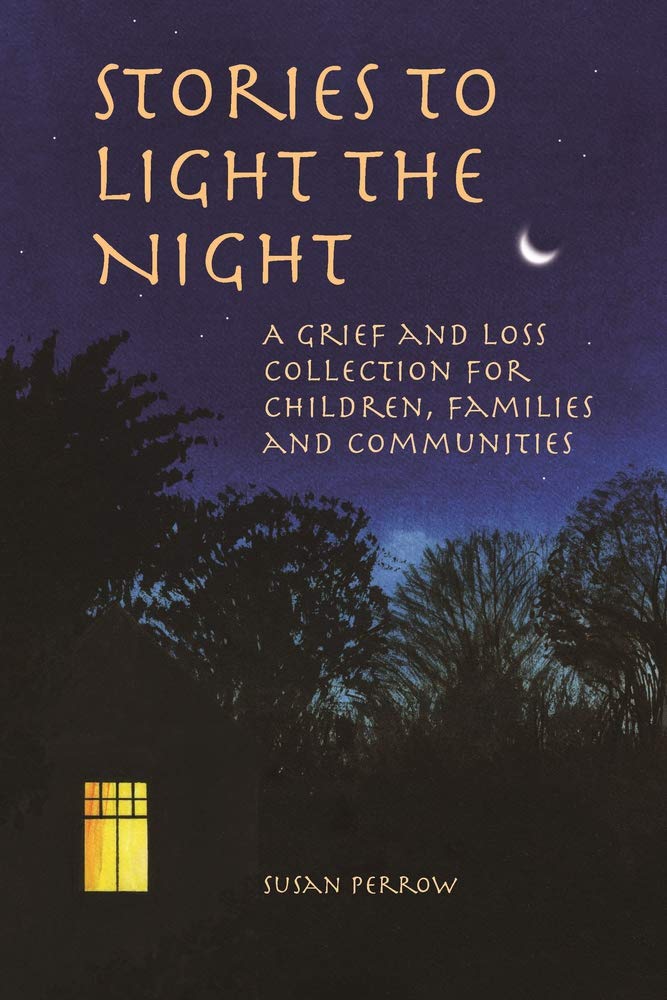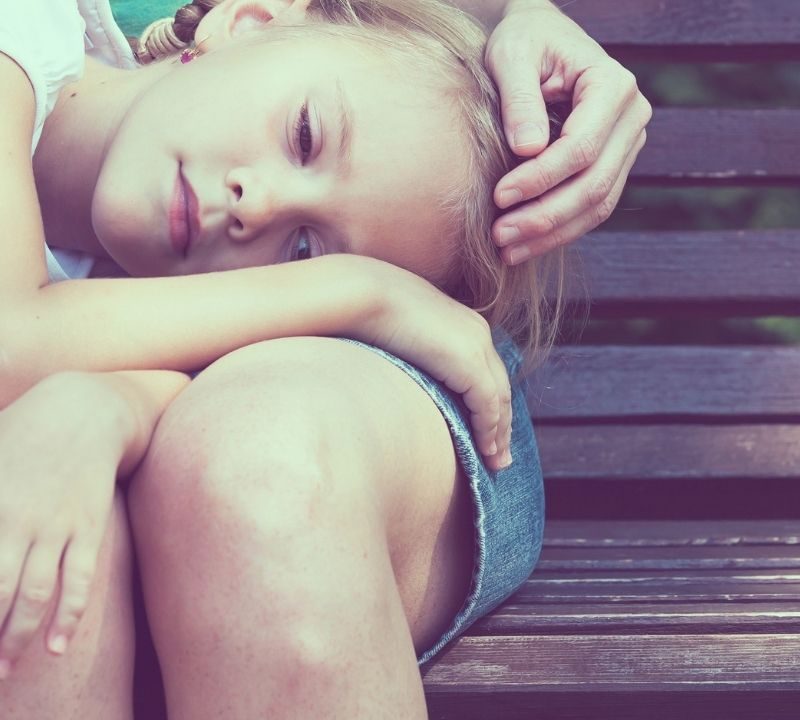
Ten Conversations You Must Have with Your Son
13/05/2021
Stories to Light the Night
16/06/2021
It is often hard as a parent to navigate conversations around death as we naturally want to protect our children from harmful or unpleasant situations and emotions.
Like love, we are not born knowing how to grieve. There is no right or wrong way to grieve. We learn from our families, our culture and our communities. If our culture teaches us that grief is abnormal, a problem, a source of shame we can become disconnected from what is essentially “the deepest dive into what it means to be human.”
To learn more about the needs of people in grief and for purposes of keeping this message succinct, please check out the website of Prof Alan Wolfelt, https://www.centerforloss.com/grief/six-needs-mourning/
Children who are grieving may become clingier, will ask many questions and might oscillate between feeling joyful and sad at the same time. All of which is absolutely normal.
Life is not always a happy event and even our children need to experience sadness from time to time. With the loving support of adults (parents and teachers), your children will be ok.
Here are some guidelines for children who are experiencing grief.
- Grieving children want to be told the truth using age-appropriate language.
- Grieving children want to be reassured that there will always someone to take care of them.
- Grieving children want you to know that their grief is long-lasting and that it is important to remember the person who has died. Speaking about the deceased will not make the grief worse but is part of the healing process. It might feel uncomfortable to us, but it is so important to the children who are bereft.
- Often, grieving children want to share their story and talk about the person who died. They are worried that others will forget the person who died.
- Children often cope with grief and loss through play, drawing, reading, being in nature.
- Every child grieves differently.
- Sometimes you will find out that your child might be acting out in the weeks to come. What they are really feeling is an intense emotion of grief.
- If you are not sure what a grieving child wants, just ask them. Children are our best teachers.
- We are not here to fix grief and we do not heed to provide all the answers.
- The grieving child will have a life-long connection to the deceased person, it is just that this connection has now taken on another form.
You can help grieving children by
- Listening
- Really hearing them when you are listening
- Validating their feelings
- Answering their question. However, we will not have all the answers and that is ok.
- Seek out additional resources and help.
- Grief should never be experienced alone, but always in community.
Useful resources and websites
bereavementsupport@catholiccemeteries.com.au
https://www.winstonswish.org/?s=books+for+grieving+children
Tips, activities, and videos to help you and your child deal with difficult feelings.
Children Books on Grief



